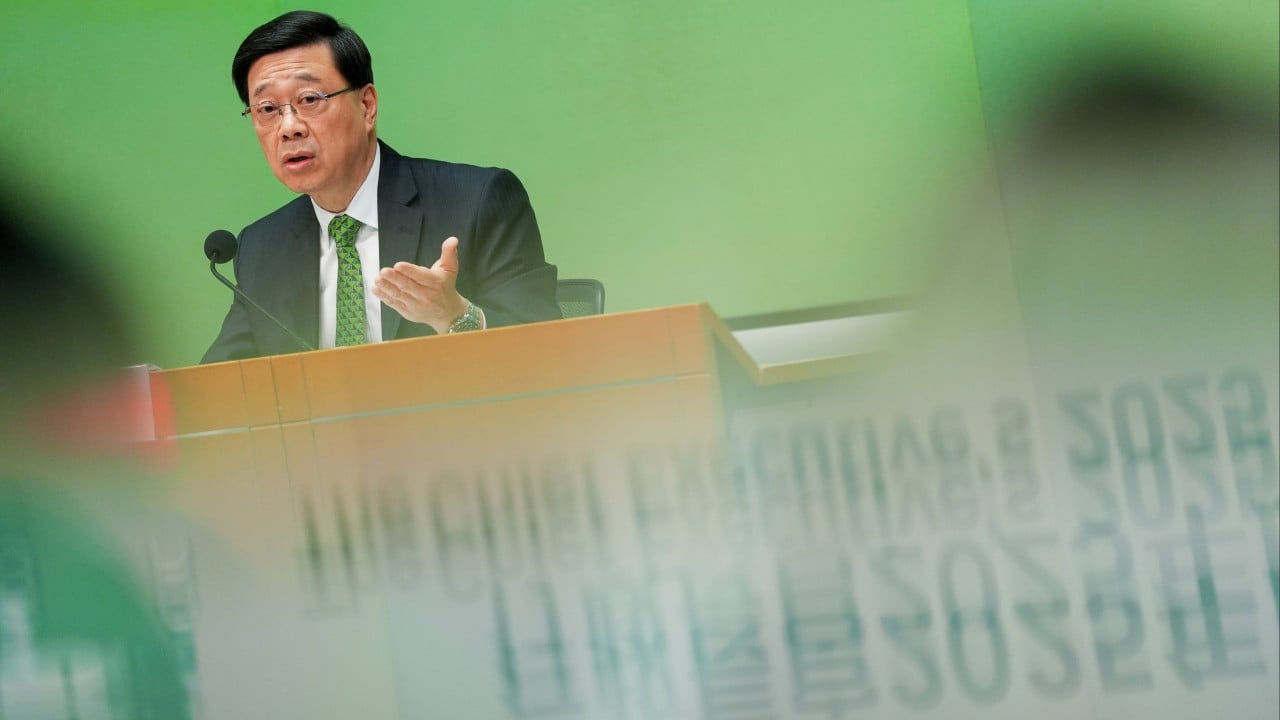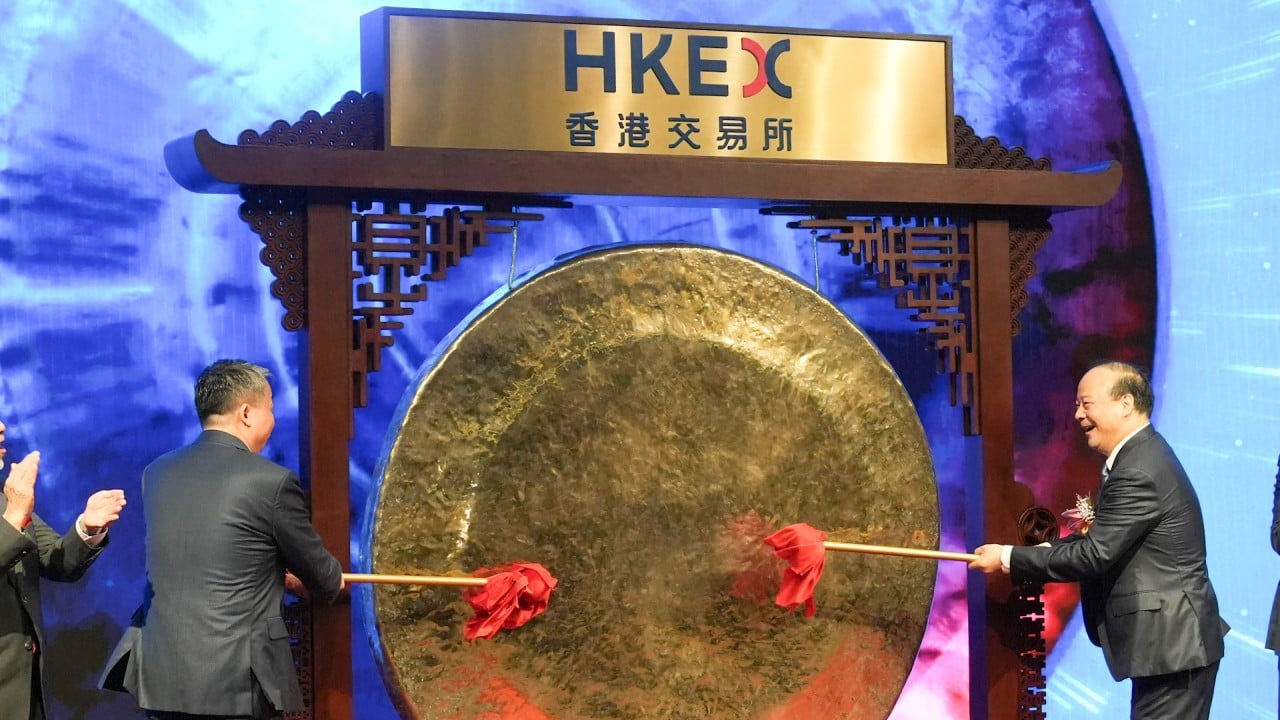Hong Kong’s economic story has always unfolded in cycles of innovation. Finance made it a global hub. Real estate later became a backbone. Both engines now face structural limits. As global competition intensifies, the question is what Hong Kong’s new growth engine will be.
Advertisement
The policy address offers a clear signal: artificial intelligence (AI) is a policy priority. With Hong Kong Investment Corporation (HKIC) tasked with channelling capital into frontier industries, AI has been elevated as a potential catalyst for the city’s next economic take-off. The opportunity is real, but success will hinge on whether capital, talent and infrastructure can be aligned into a coherent strategy.
Globally, AI is reshaping innovation. Last year, it commanded an outsize share of the US$314 billion in venture investment worldwide. But the distribution is far from balanced. Asia attracted just US$65.8 billion, a decade low, while US players like OpenAI and Anthropic raised sums that eclipsed entire regions. In the first quarter this year, Asia’s AI start-ups captured less than 10 per cent of global AI funding.
This imbalance highlights the gap between potential and resourcing. Closing it will require capital, regulatory capital, infrastructure and institutional support.
Encouragingly, the foundations are being laid. Hong Kong launched 42 initial public offerings (IPOs) in the first six months, raising US$13.5 billion in its strongest first-half tally since 2021. With more than 200 applications in the pipeline, Hong Kong is reasserting itself as a premier fundraising venue for AI and other tech companies.
The start-up ecosystem is also maturing, with nearly 4,700 set up last year, up 10 per cent year on year and 40 per cent higher than in 2020. Close to 18,000 people work in local start-ups. The Hong Kong Science and Technology Parks Corp houses more than 2,400 firms, supporting 24,000 people, while the Hong Kong Applied Science and Technology Research Institute has transferred about 1,600 technologies to the industry and secured more than 1,000 patents in Hong Kong, mainland China, the United States and elsewhere.


